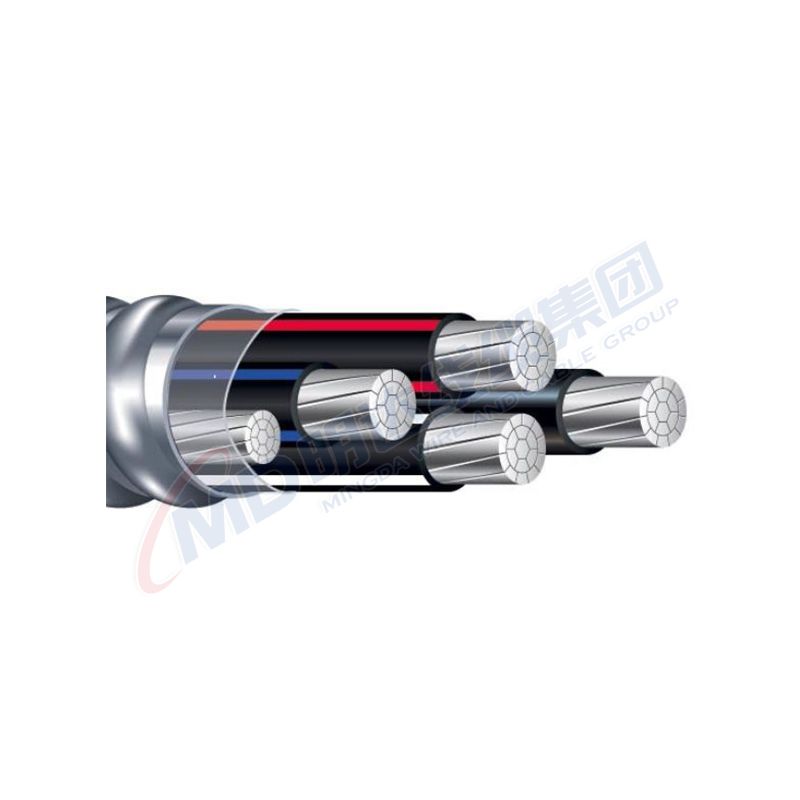Dis . 12, 2024 11:08 Back to list
ball valve
Understanding Ball Valves Functionality, Applications, and Benefits
Ball valves are integral components in various industrial applications, providing a simple yet effective solution for controlling the flow of fluids. They are named after the spherical disc, or ball, that acts as the closure mechanism. The design of a ball valve allows for quick shut-off and easy operation, making it a preferred choice for many engineers and technicians in managing fluid systems. This article will delve into the functionality, applications, and benefits of using ball valves.
Functionality of Ball Valves
At the core of a ball valve’s operation is the ball, which has a hole or port through its center. When the valve is in the open position, the port is aligned with the fluid flow, allowing it to pass through freely. Conversely, when the valve is closed, the ball rotates 90 degrees, effectively blocking the flow. This simple mechanism allows for rapid operation—ball valves can be opened or closed with a quarter turn of the handle, unlike other types of valves that may require several turns to achieve the same effect.
Ball valves are typically available in two primary designs two-way and three-way. Two-way ball valves have two ports (inlet and outlet) and are used primarily for on/off flow control. Three-way ball valves, which have three ports, can be used either to mix fluids or divert the flow from one line to another.
Applications of Ball Valves
Ball valves find application across various industries, including oil and gas, water treatment, chemical processing, and HVAC systems. Their versatility makes them suitable for a wide range of industries, as they can handle different fluids, gases, and pressures.
1. Oil and Gas In the oil and gas industry, ball valves are crucial for controlling the flow of hydrocarbons. Their reliability and the ability to handle high pressures make them ideal for upstream, midstream, and downstream applications.
2. Water Treatment In water treatment facilities, ball valves are used to control and isolate the flow of water through pipelines and processing equipment. They help maintain system integrity and ensure compliance with safety and environmental regulations.
3. Chemical Processing In chemical manufacturing, the ability of ball valves to handle corrosive substances is vital. They provide safe and efficient control over chemical reactions and process flows.
ball valve

4. HVAC Systems Ball valves are also commonly used in heating, ventilation, and air conditioning systems to regulate the flow of water or refrigerants, enhancing system efficiency and comfort.
Benefits of Using Ball Valves
There are several advantages to integrating ball valves into fluid systems
1. Durability Ball valves are known for their long lifespan and ability to withstand harsh conditions. They are often constructed from robust materials, including stainless steel, brass, and PVC, which provide excellent resistance to corrosion and wear.
2. Low Pressure Drop Due to their design, ball valves maintain a low pressure drop when fully open, minimizing energy loss in fluid systems. This feature is particularly valuable in applications where maintaining pressure is critical.
3. Ease of Maintenance The straightforward design of ball valves leads to ease of maintenance. In many cases, they can be serviced without needing to remove them from the pipeline, saving time and reducing downtime in industrial operations.
4. Tight Sealing Ball valves offer effective sealing capabilities, ensuring that there is no leakage when the valve is closed. This quality not only enhances system efficiency but also contributes to safety by preventing spills of hazardous substances.
Conclusion
In conclusion, ball valves play a vital role in modern fluid management across multiple industries. Their functionality, versatility, and numerous benefits make them an indispensable choice for engineers and technicians. As industries continue to evolve, the demand for reliable components like ball valves will remain strong, ensuring efficient and safe fluid control in various applications. Understanding the importance of these devices can lead to better selection and utilization, ultimately resulting in more sustainable and effective industrial processes.
Share
-
Reliable Wafer Type Butterfly Valves for Every IndustryNewsJul.25,2025
-
Reliable Flow Control Begins with the Right Ball Check ValveNewsJul.25,2025
-
Precision Flow Control Starts with Quality ValvesNewsJul.25,2025
-
Industrial Flow Control ReliabilityNewsJul.25,2025
-
Engineered for Efficiency Gate Valves That Power Industrial PerformanceNewsJul.25,2025
-
Empowering Infrastructure Through Quality ManufacturingNewsJul.25,2025